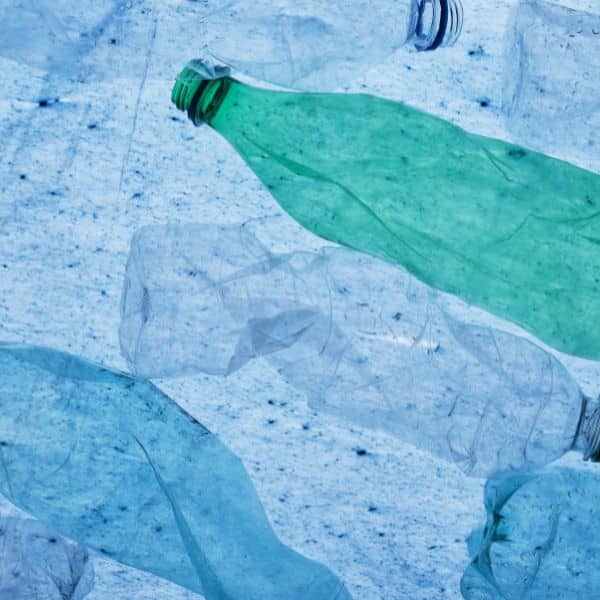As modern society grapples with the escalating environmental crisis, two pressing movements have emerged in recent years: the adoption of a vegan lifestyle and the quest to eliminate plastic from our lives. While both approaches aim to reduce individual ecological footprints, they each present unique benefits, challenges, and implications for sustainability. This article endeavors to dissect the question: should one prioritize going vegan or forsaking plastic? This inquiry leads us to evaluate not only the ethical and environmental considerations involved but also the multifaceted ramifications of such lifestyle choices.
The Ethical Dimension of Veganism
At its core, veganism embodies an ethical stance that seeks to prevent the exploitation and suffering of animals. The philosophical underpinnings of this movement challenge deep-seated cultural norms surrounding food consumption and animal rights. Advocates argue that reducing animal suffering and promoting a more compassionate society is imperative, especially in a world where factory farming practices often lead to unspeakable cruelties.
Yet, the question arises: does one individual’s dietary choice truly alter the overarching systemic issues of animal agriculture or create a ripple effect of change? While the direct impact of one person adopting a vegan diet may appear minimal, collective action can catalyze significant change, influencing market dynamics and encouraging more humane farming practices. This consideration extends beyond mere dietary changes; it recognizes a broader movement towards ethical consumption that encompasses clothing, personal care items, and more.
The Environmental Impact of Veganism
As we delve into the environmental implications of a vegan diet, data supports the assertion that plant-based eating is generally less resource-intensive than meat-centric diets. Animating the discourse is the fact that livestock farming significantly contributes to greenhouse gas emissions, deforestation, and water depletion. Transitioning to a vegan diet holds the promise of decreasing one’s ecological footprint, thereby fostering a more sustainable planetary ecosystem.
However, it is critical to scrutinize the sustainability of vegan eating itself. The cultivation of certain plant-based foods can involve significant environmental costs. The transportation of exotic fruits, for instance, often results in a considerable carbon footprint. Seasonality and local sourcing become pivotal points of contention, raising the pertinent question: is all veganism universally sustainable?
The Allure of Going Plastic-Free
Conversely, the movement towards a plastic-free lifestyle has burgeoned as individuals recognize the pervasive nature of plastic pollution. Microplastics infiltrate the very core of our freshwater systems and oceans, posing threats to both marine life and human health. The appeal of abstaining from plastics resonates with consumers who desire to detoxify their surroundings and contribute to a cleaner planet.
A key question emerges in this dialogue: does simply eliminating plastic from our lives equate to an eco-friendly lifestyle? While shunning single-use plastics and transitioning towards alternative materials can substantially mitigate individual impacts, the discussion often oversimplifies the intricacies involved in material production. For instance, glass and metal alternatives, while reducing plastic waste, carry their own environmental burdens in terms of resource extraction and energy consumption during manufacturing.
The Interdependence of Veganism and Plastic Reduction
In analyzing the respective benefits and challenges of these two lifestyle choices, it’s vital to note the intersectionality between veganism and plastic reduction. The quest for animal products frequently converges with the realm of plastic packaging. Many vegan products, including faux meats and dairy alternatives, are often encased in single-use plastics. The irony lies in the potential environmental adversities posed by products designed to be more humane.
Moreover, when consumers advocate for sustainable vegan products, they inadvertently address the broader issue of plastic waste. This cross-pollination offers an opportunity for individuals to engage in comprehensive lifestyle revamps—one that embraces both the ethical grounds of veganism alongside the environmental responsibilities tied to plastic usage.
Choosing One Path: Considerations and Challenges
It appears fruitful to acknowledge the complexities inherent to both paths. The decision between going vegan or plastic-free need not be seen as an either/or proposition. For instance, one could opt for a vegetarian diet coupled with a robust commitment to reducing plastic waste. This mixed approach may offer a more pragmatic solution, allowing individuals to adapt their lifestyles gradually while still making meaningful contributions to sustainability.
Nevertheless, challenges abound in such pursuits. Social pressures, economic constraints, and ingrained habits can present formidable barriers to altering one’s lifestyle. It demands sustained education, environmental awareness, and community support, offering a collective sense of accountability and motivation to forge lasting change.
Conclusion: A Call for Holistic Evaluation
Ultimately, the decision of whether to go vegan or plastic-free represents more than just a personal choice; it symbolizes a profound engagement with one’s ethical beliefs and environmental responsibilities. Both lifestyles offer distinctive advantages and inherent challenges demanding evaluation. Perhaps the quintessential question is not which path to follow exclusively but rather how to interweave both narratives into a holistic approach to living responsibly. A conscientious lifestyle fosters synergy and compassion in navigating the intricate landscape of ethical consumption, allowing individuals to champion a more sustainable and conscientious tomorrow.










